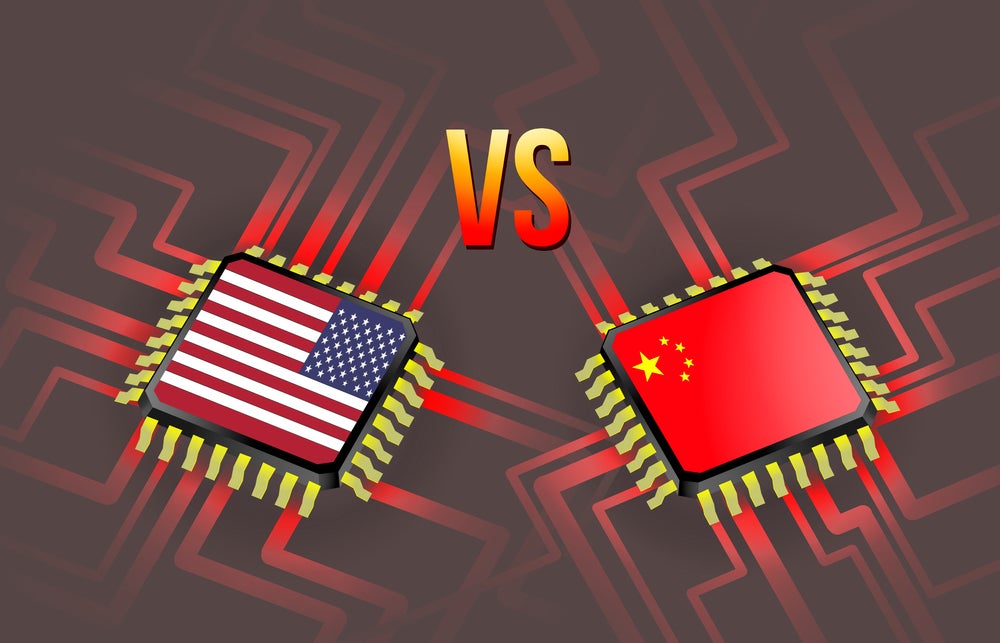
The first Global Internet Forum to Counter Terrorism (GIFCT) workshop takes place today in San Francisco.
The forum was created by tech companies including Facebook, Google, Microsoft and Twitter to discuss how to tackle the spread of terrorism through social media.
When the forum was formed back in June, Twitter said:
The spread of terrorism and violent extremism is a pressing global problem and a critical challenge for us all. We believe that by working together, sharing the best technological and operational elements of our individual efforts, we can have a greater impact on the threat of terrorist content online.
How did it start?
The GIFCT was born as an extension of the shared industry hash database for violent terrorist imagery that allows companies to share the digital fingerprints of extremist content.
Once a piece of terrorist content has been identified, the other companies involved can block an upload on their platforms.
The forum wants to attract more social media companies to work together to bring down extremist imagery through this database.
Who will be there today?
The tech companies that formed the GIFCT: Facebook, Google and YouTube, Microsoft, Twitter and also the addition of Snap.
Members of different governments across the world will be attending too, such as the UK’s home secretary Amber Rudd and the US’s acting secretary of homeland security Elaine Duke.
There will also be representatives from the European Union (EU), United Nations, Australia and Canada.
What will be discussed?
1. How tech companies can remove content faster
Recently, the likes of Google and Facebook have said they will use artificial intelligence (AI) technology to identify and remove terrorist content from their networks. At the forum, we could see other companies coming together to discuss how best to make this work across different networks.
2. Governments complaining about encryption
Rudd has established herself as an enemy of end-to-end encryption, arguing that it facilitates a “secret place for terrorists to communicate with each other”.
Earlier today, she was speaking to the BBC, saying that the spread of encrypted messaging apps like WhatsApp, was a problem.
“We want [technology companies] to work more closely with us on end-to-end encryption so that where this is a particular need, where there is targeted need under warrant, they share more information with us so that we can access it,” said Rudd.
3. Bringing more companies into the fold
Alongside Snap, another tech company has joined the post-extremist content gang, called Justpaste.it, a site that has unfortunately become known as an “Isis propaganda tool”.
Today’s workshop will discuss how to get more companies that are implicated in the spread of extremist content to join, in order to improve the resources of the hash-sharing database and also as part of the GIFCT’s involvement with the UN’s Tech Against Terrorism project.
Will today’s workshop change anything?
The first meeting of the GIFCT isn’t going to solve everything to do with extremist content online, but it is the first meeting of this global group who are attempting to change what is being broadcast on their platforms.
The collaboration between the companies cannot be underestimated too; it will be interesting to see the likes of Facebook and Snap, who are notoriously secretive about their in-house practices, working together.
This is all part of GIFCT’s mission statement:
Our mission is to substantially disrupt terrorists’ ability to use the Internet in furthering their causes while also respecting human rights.
This means today’s workshop should set the ball rolling for closer collaboration between governments and tech companies on how to fight the spread of terrorism online.







